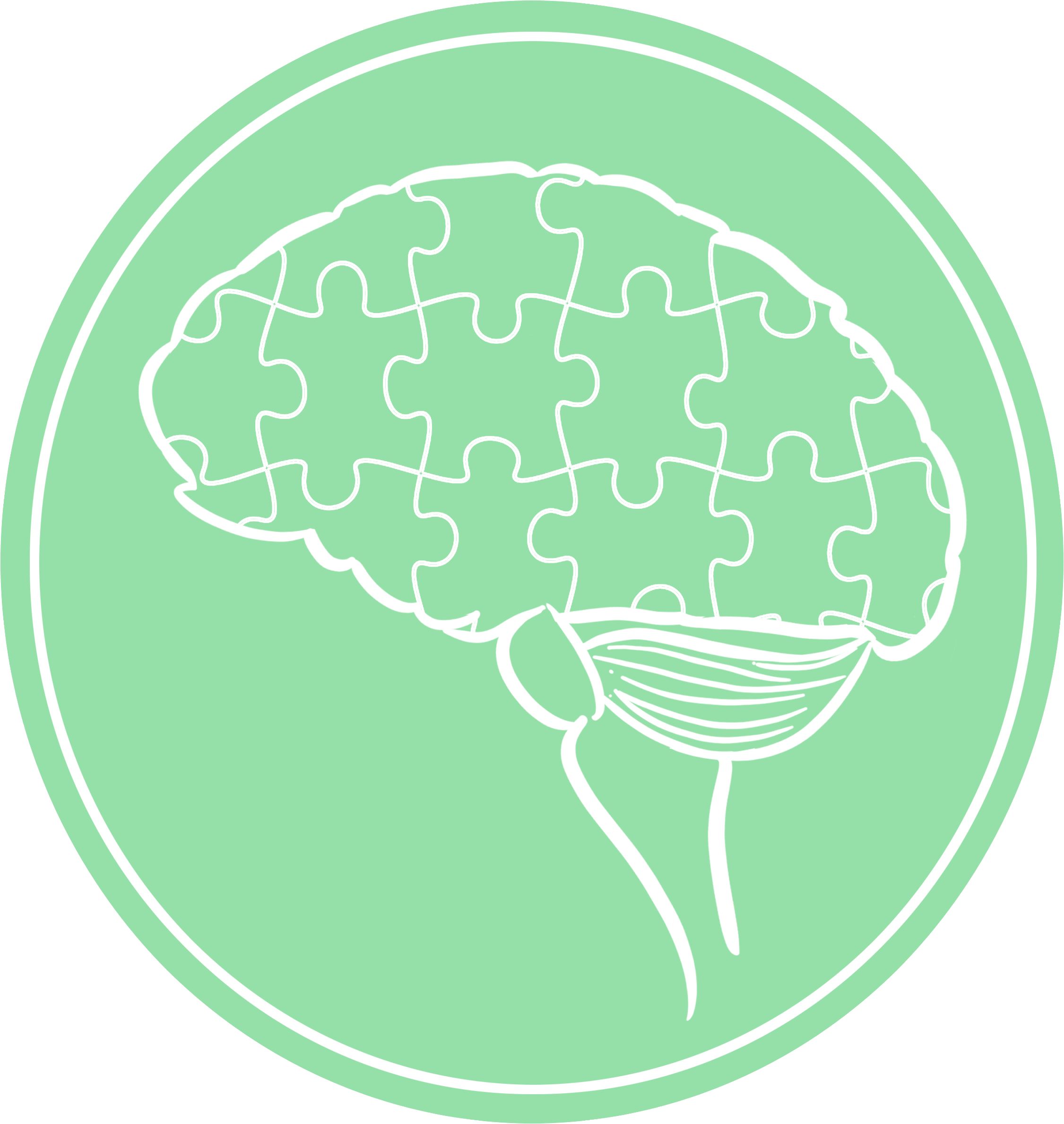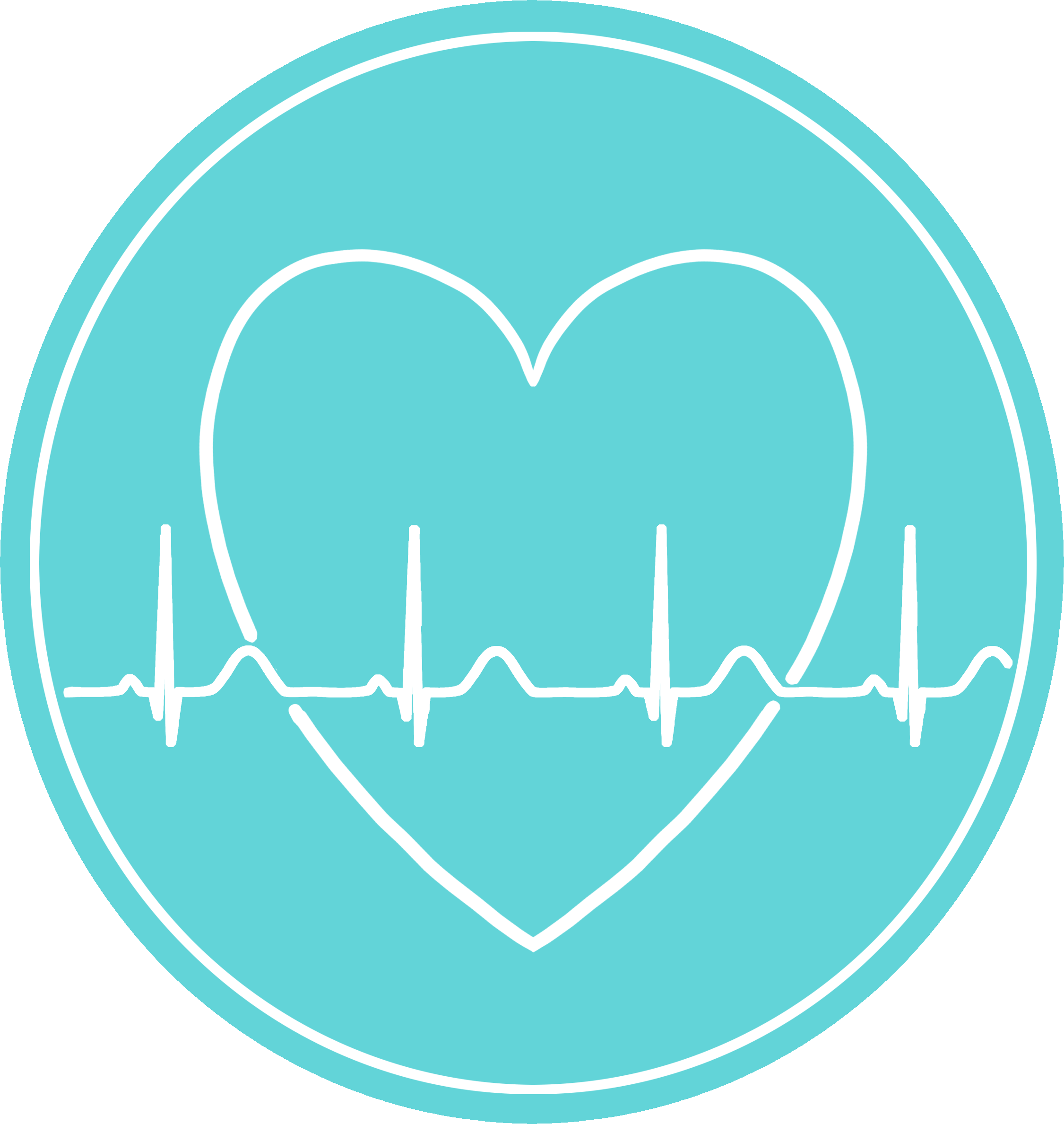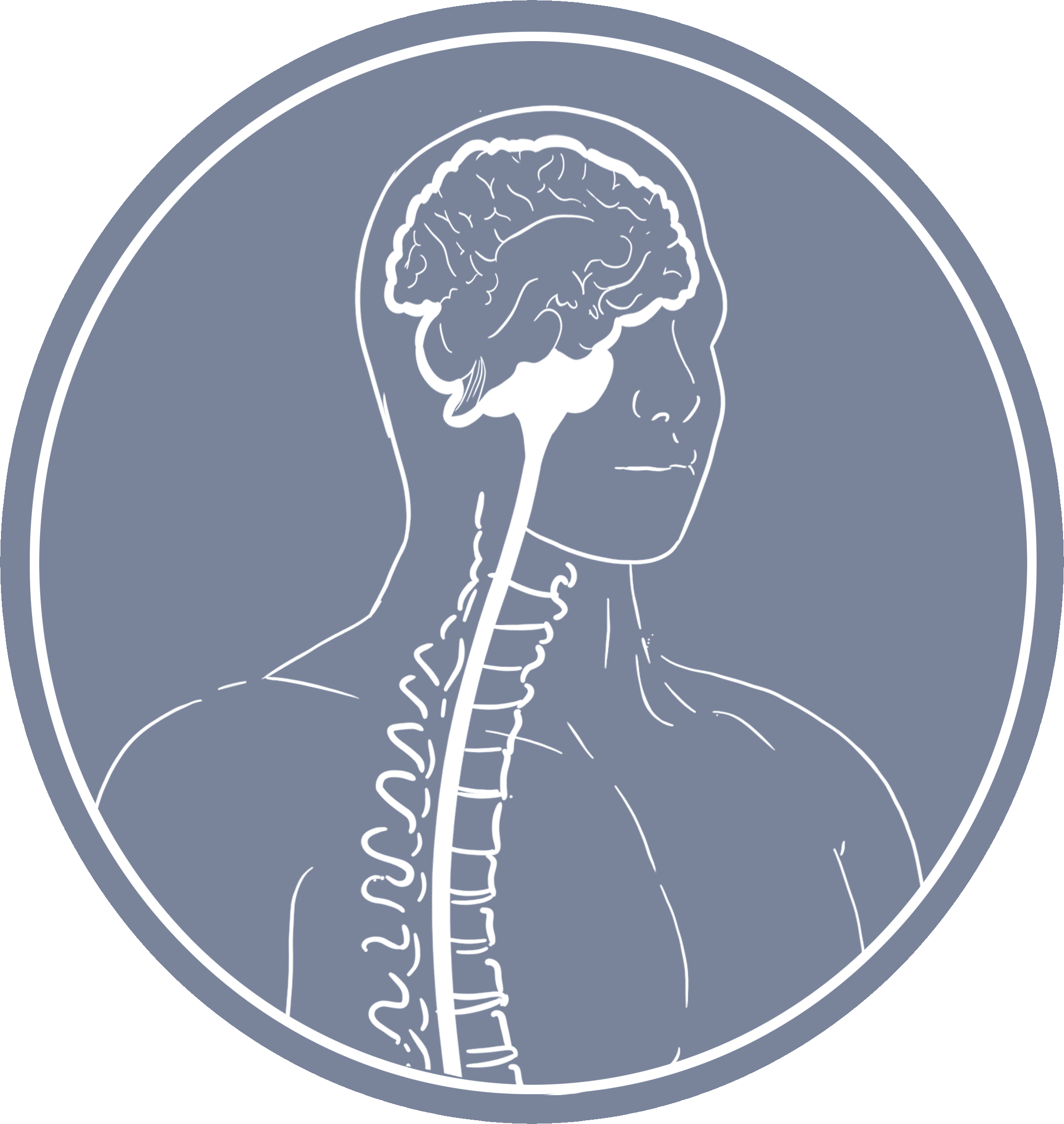DHA Benefits
Not a treatment for any conditions or ailments, but an essential nutrient required for a healthy living.

DHA deficiency leads to structural and functional damage in the hippocampus, hypothalamus, and cortex areas of the brain, which are important centres for long-term memory, hormonal control, reasoning, and emotional processes.
DHA comprises 97% of the omega-3 fatty acids in the brain. It is linked to the healthy functioning of the brain and its cognition. Research shows DHA is an essential component that affects learning and behavioral development. Moreover, neurophysiological assessment via brain activity indicates a direct correlation with DHA concentration. DHA supplementation shows
- Improvement in immediate and delayed memory
- Cognitive health with ageing
- Improvement in reading and spelling skills among children
- Higher cognitive performance in middle-aged adults preserves visuo-spatial learning
- Improved reasoning
- Achieving higher levels of sustained attention
- Throughout one's life, there is a benefit for mood and behavioral disorders
- Improved psychomotor skills
DHA-rich supplementation has been shown to be more effective than EPA-rich supplementation in improving higher-order cognitive tasks.

DHA constitutes 93% of all the omega-3 fatty acids in the retina of our eyes. DHA supplementation for the eye is especially needed during the 3rd trimester of pregnancy to infancy, when DHA accumulation is needed for retinal development of the child. Weakened eyesight is often associated with DHA deficiency. Moreover
- Infants with DHA supplementation (through mothers) show better visual acuity.
- Infants with DHA supplementation show improved vision.
- May boost eyesight in a healthy ageing population.
- DHA preserves healthy retinal functions
- DHA helps reduce the risk of:
- Macular Degeneration, age-related eye diseases
- Dry Eye Syndrome
- High Eye Pressure
- Glaucoma

Many studies have found a strong link between DHA supplementation and the benefits it provides to mothers and infants during pregnancy and nursing.It is not only shown to be beneficial to the fetus, but has also been shown to benefit the mother. DHA accumulates both prenatally and postnatally in the brain, eye, and central nervous system, especially in the 3rd trimester. Since developing foetuses are not able to efficiently produce DHA on their own, they are dependent on maternal sources (placenta during pregnancy and breast milk after birth). Babies accumulate DHA in the CNS up until about 18 months of age. It is seen that DHA helps with:
- Longer period of gestation
- Increase the average birth weight
- Fewer premature births
- Prevents potassium deficiency
- Better psychomotor skills for the babies
- The amount of DHA consumed directly correlates with the DHA accumulation in foetal tissue important for brain and eye development

DHA has been noted to benefit immunity in children. This helps, especially in the case of a preterm infant when supplemented with DHA infant formula, to show similar immunity when compared to breastmilk-fed infants. DHA supplementation has also been found to increase the production of a select few antibodies by enhancing B cell activation. Enhanced secretion of cytokines like Interleukin 6 (IL-6) and Tumour Necrosis Factor alpha (TNF-) that are produced in response to infection, injury or exposure to foreign particles by the body has also been noted because of DHA supplementation.
- DHA supplementation delays the onset of respiratory infections and allergic reactions.
- Infants supplemented with DHA have fewer episodes of bronchitis and bronchiolitis.
- Infants supplemented with DHA born to allergic mothers show an improved response to antigen skin prick tests.
- Patients suffering from lupus could also benefit from DHA.

DHA alters lymphocyte, monocyte, and macrophage functions (of white blood cells that fight disease-causing germs in our body), which reduces chronic inflammatory responses. DHA inhibits leukotriene synthesis by omega-6 fatty acids. This leads to vasoconstriction and mucus in asthma patients. More comprehensive studies are needed to assess the anti-inflammatory properties of DHA supplementation, but at the same time,
- DHA intake seems to benefit asthma patients.
- DHA supplementation seems to reduce symptoms and inflammation in patients suffering from rheumatoid arthritis.

The anti-inflammatory properties of DHA have been seen to affect oncogenic proteins, especially in the case of breast, colon, and prostate cancer. Generally, the additive effect of EPA and DHA supplementation at higher doses is noted to reduce the risk of breast, colon, and prostate cancer. Currently, there are studies underway examining possibilities and mechanisms for cancer prevention via omega-3 fatty acid supplementation.
- Omega 3 fatty acids seem to prevent bone metastasis, preventing pain and bone fracture in breast cancer patients.
- DHA is noted to improve the inhibitory effects of chemotherapy drugs like doxorubicin on cancer proliferation.
- DHA and EPA inhibit eicosanoids (intracellular signalling molecules) synthesis from ARA (arachidonic acid, omega 6-fatty acid), which may be useful in adjuvant chemotherapy. Suppression of ARA-derived eicosanoid biosynthesis; effects on transcription factor activity, gene expression, and signal transduction pathways; changes in oestrogen metabolism; increased or decreased production of free radicals and reactive oxygen species; and insulin sensitivity and membrane fluidity mechanisms
- DHA can inhibit tumour growth and development via a decrease in proliferation and enhance apoptosis of cancer cells.
- DHA might help reduce toxicity during chemotherapy and radiotherapy.

The cardiovascular benefits of DHA and EPA have been well documented. DHA has been seen to affect serum lipid composition by reducing triglycerides and LDL cholesterol (bad cholesterol) and increasing HDL cholesterol (good cholesterol) in the body. Sufficient DHA consumption has also been known to reduce blood pressure and heart rate. DHA inhibits the proliferation of vascular smooth muscle cells. DHA has also been seen to
- Reduce your chances of having a cardiac arrest
- Avoid cardiac arrhythmias.
- Prevent hypertension
- Lower your risk of blood clots and improve your arterial health.
- Reduce your risk of cardiovascular disease by lowering your
DHA and EPA share complimentary benefits for cardiovascular health. Combined supplementation would have an advantage over little or no intake.

DHA is essential for the neurological development and functioning of infants. Studies suggest that DHA may prevent or reduce the risk of many neuropsychiatric disorders in children. DHA supplementation to infants via infant formula or to mothers (to infants via breastmilk) enhances neuromotor development. It affects neurological function by modulating signal transduction pathways, neurotransmission, neurogenesis, myelination, membrane receptor function, synaptic plasticity, neuro-inflammation, and membrane integrity and membrane organization. DHA is seen to be rapidly accumulated in the brain during gestation and early infancy, and the availability of DHA via transfer from maternal stores impacts the degree of DHA incorporation into neural tissues. The consumption of DHA leads to many positive physiological and behavioral effects. Due to DHA deficiency, the integrity and function of the central nervous system can be irreversibly damaged. These advantages are widespread.
- DHA prevents the effect of ethanol on brain phospholipids, thereby preventing abnormal motor function, hyperactivity, impaired intelligence, and low attention span in infants suffering from Foetal Alcohol Syndrome.
- DHA has been shown to benefit patients suffering from attention deficit/hyperactivity disorder (AD/HD), autism, dyspraxia, dyslexia, aggression, major depressive disorder (MDD), and bipolar disorder, with promising results in schizophrenia and initial benefit for borderline personality disorder (BPD).
- DHA with EPA supplementation has been shown to reduce the risks associated with multiple sclerosis and bipolar disorders.
- DHA supplementation might be used as a therapeutic agent for Alzheimer’s Disease and delays cognitive impairment in mild cases of Alzheimer’s Disease.
- DHA with EPA supplementation has also been shown to reduce depression.
- Neuroprotection of the central nervous system as a result of regular DHA intake allows for optimal development and ageing where cognitive skills do not rapidly or abruptly decline. This impacts the general quality of life with no significant reduction in productivity.